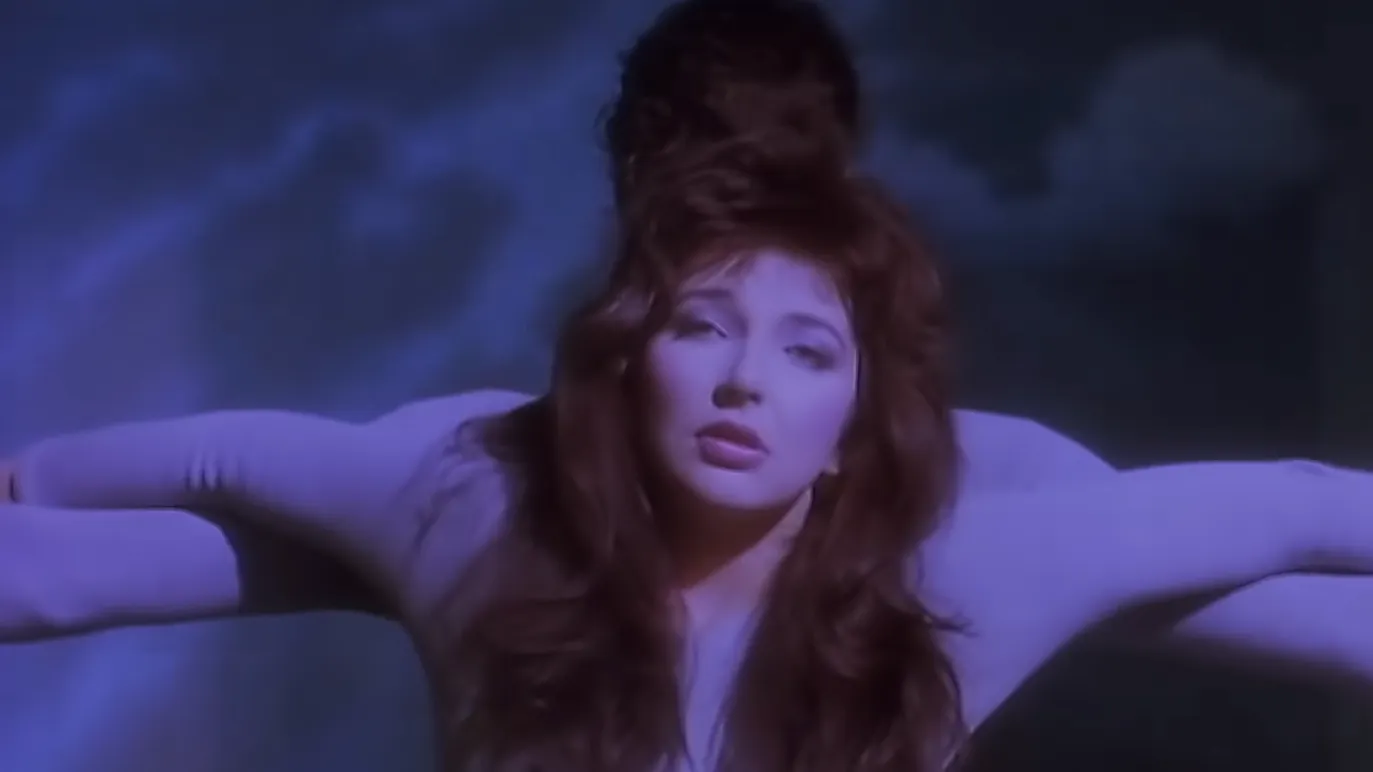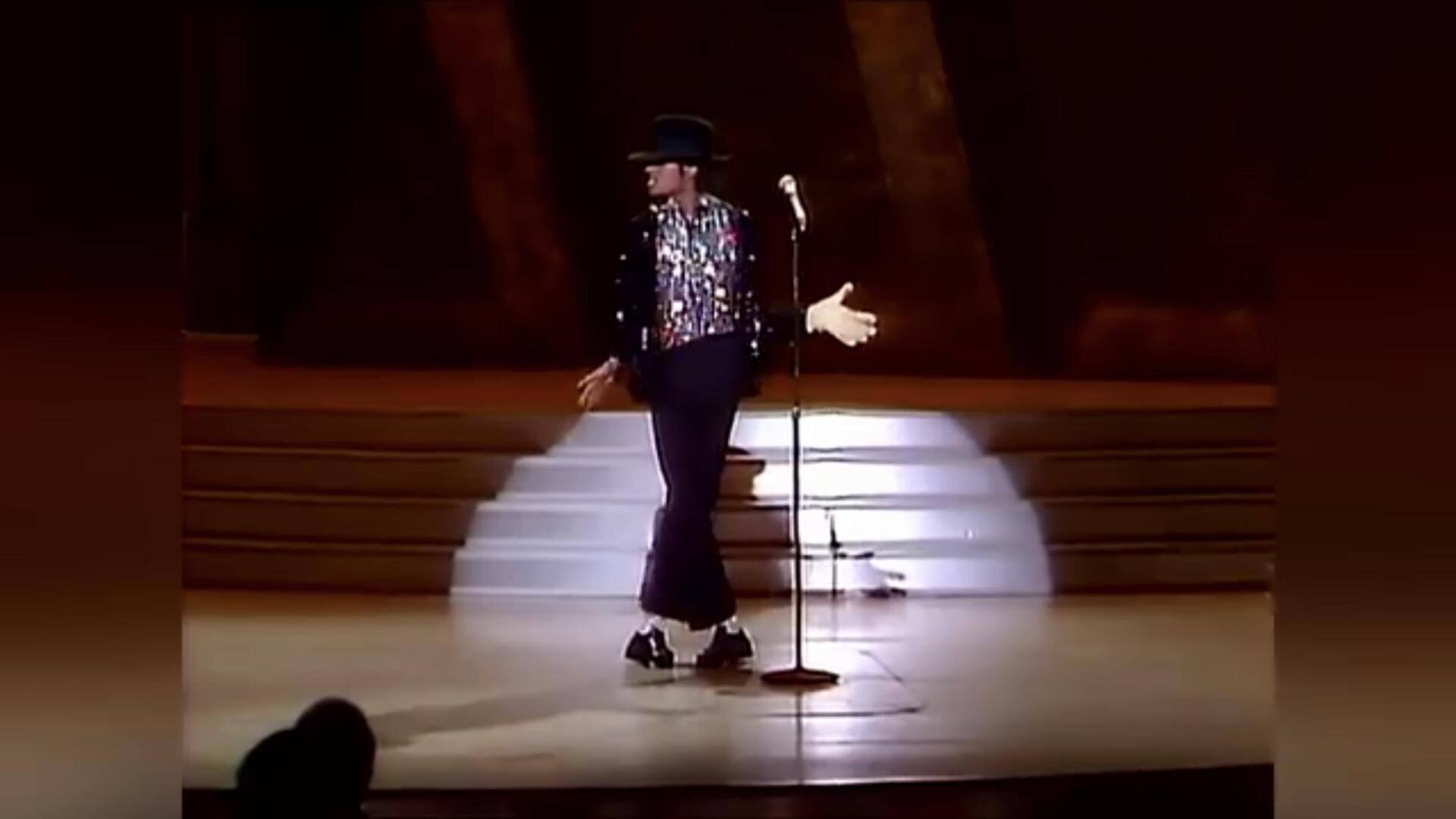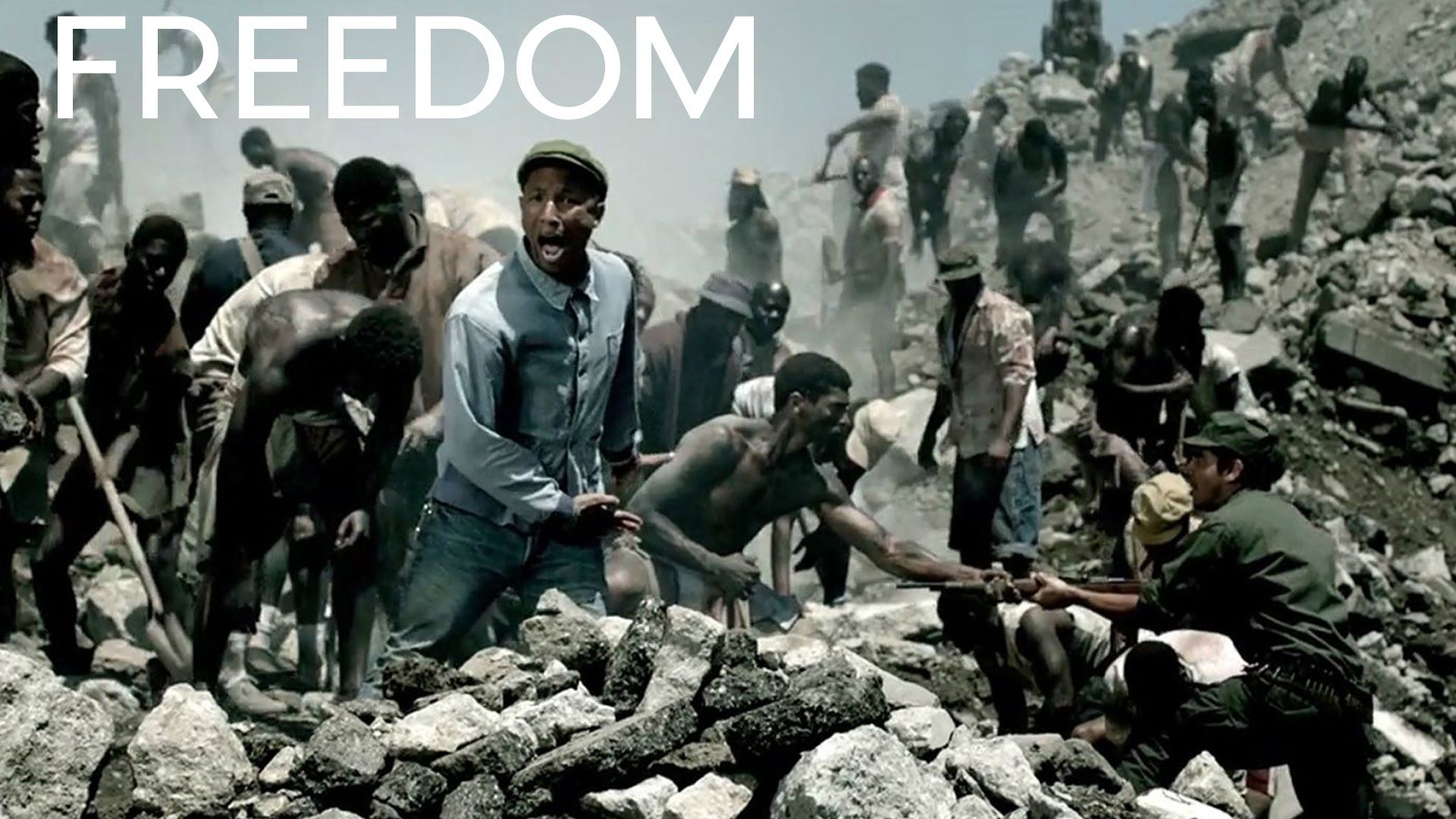Trains of Thought
Cultural Theories of Speed and Solidarity

If Stars Spoke, What would they Say?
Bloody hell. I've never seen so many stars. I never see as many of them as I do in the western United States. I'm writing this on the stoop of a cabin in northern Utah, suitably far away from urban light pollution. The 'town' itself barely houses a few hundred people.
But it's up in the Tetons that I always feel most awed. Drive four hours north from the little town of Beaver Dam (yes, Beaver Dam)- along the long fifteen meandering north. You'll cross the great Snake several times, you'll pace Henry's Fork near where the old Rendezvous used to be held in the 1820's in the heydays of John Jacob Astor and the fur trade. And finally you'll cross the Fall River. The road used to end there, the paved road that is. You'll hit gravel and have your ass shaken up and your teeth knocked around for the next fifty miles into the Caribou-Targhee forest. And even once you hit pavement out that way the road is anything but sure. These days the road is different, though. It runs right up to the treeline, a good ten miles in. The US Forest Service has grated the road several times- even in my reckoning it has changed immeasurably. But even so, at the end of the great Space, the emptiness that can be rendered movingly on a map absent of any trace of urban lighting and infrastructure escapes even cartography itself. It remains a great absence, most poignantly at night. The great gasp of the darkness swallows any feeble attempt to grasp it, as it similarly confounds the old hands.
That darkness used to terrify me. It's the same sort of blankness that inspires the stock and stuff of our great imaginations, not as to what we've seen but what we might. Even at its purest, its most elementally complete (the Greater Yellowstone is the last and largest fully intact biome in the lower 48) the woods is so far beyond us that its mere presence in our minds demands our part in its making. There's much that dwells in those woods much of which I have never met. And it's precisely that emptiness which leads me to fill the darkness with color. It reminds me, in a way, of the old Antarctica expeditions in the late 19th/early 20th century. You know- the Shackleton-esque voyages. It's said that the Antarctica darkness is so perfect that you cannot hope to see your hand even in front of you. That for months at a time in this furthest flung frontier of human feeling and faculty a startling isolation is our lot. It embraces us, caresses us. Penetrates us. Dominates us. Men went mad in that nonlight. It became necessary for them to fill the dark with something familiar, something calming and present- the comprehensible- if only in a formative sort of opposition.
Fill your own skies, or they shall be filled for you with twisted rays of awful colour, with great winged beasts, with vicious cries of terrible excess and pained ecstasy!
It's those moments, above the decks of the barquentine and in the clearing of the grove of tress that we look up and collapse into sublime fixation on the infinite. A fear it is, of sorts, given our proximity to the beyond; yet calming it remains, in spite of the dislocating power of its jolting particularization of human being. The stars shock us, yet not in the slipping disorder that fragments basic sense perception, the primal order of the visual which has dominated the world of senses. They demand our attention because their completeness rejects the possibility of alterity, refuses the chance of the unknown, refutes the reality of disinterest. Paradoxically so the stars have always guided us, in their stark certainty, to the frontiers of the new and the beyond much as they have relied us home at the end of an odyssey. The stars both disorient us and comfort us, if nothing else in the necessity of their being bright in such a great darkness.
Perhaps this is a disorienting revelation that afflicts human affirmationists, those prophets of civilizational discontent? In the passing warmth of artificial light the stars cannot be seen so brightly. Just as the shore, the stable judgmental grounding for the ancients of personal and aesthetic disposition, has disappeared as we each rig our sails so too has the simple sense of the negative that comprises pure darkness. Only in a place such as camp can we feel such a force, only in the grip of this duress do we see the stars.
What, then, might we be permitted to salvage from such an encounter? What is possible to take home with us, even to Beaver Dam and its still-impressive skyline? Were we only to be so privileged, as were the great mariners of old, to look up and behold the stars in the sky- and thus to be certain of ourselves!
Have you yourself looked up into the sky and attained to certainty? Moreover, have you yet peered into the void- and has it peered back? There is no reaching the stars without a struggle. The wilderness of the King James Bible is a desolate place where man dare not tread, in defiance of his own constitution, physical possibility, and mental clarity. Reality this is, but not as Bacon, Newton, and Hume, the great empiricists of Britannic splendor, beheld it. No no, don't be quaint- this is the jarring fact of a closeness to the divine: particularly what makes it revelatory. Moreover, it is revelation not of a universally clarifiable kind but of a uniformly inviting one! Reality here is psychoanalytic- Lacanian- the unrepresentable x of the traumatic void which we layer upon expansively a world of symbols and simulacrum. It is your striving to see through the stars that reveals reality to you, not as it is but as you see it. That, then, is what we have been long-searching for.
Close, then, with another nonvision that might birth anew revelatory regard. Is there anything to be gained in truly seeing the stars? The darkness will always escape us but the stars- they have comfortably been in the state of our making. Light millions of years away reaching us from long-burned out shells of gaseous grandeur and sweeping audacity? The stars have never been ours, yet their significance is sought after evermore in a world of artificial light. We all want to see the stars. We seek guidance of a formative sense, direction that is wound into cosmology, into a great chain of becoming and birth whose expansiveness manages to comforts us. We know what it means to see the stars: what will you do when the sky darkens, the clouds move in, and you are left to wait with the cruel bedfellow of uncertainty? Natural light having become fleeting and far between, we are proud and privileged to bask in its intuition and the critical reflexivity of its cogito.
But in pointing back to ourselves, it is here that we must become more than what we are- to go beyond ourselves and beyond our stars to fathom the old and to find the new!
31 July 2022
Trains of Thought | All Rights Reserved






